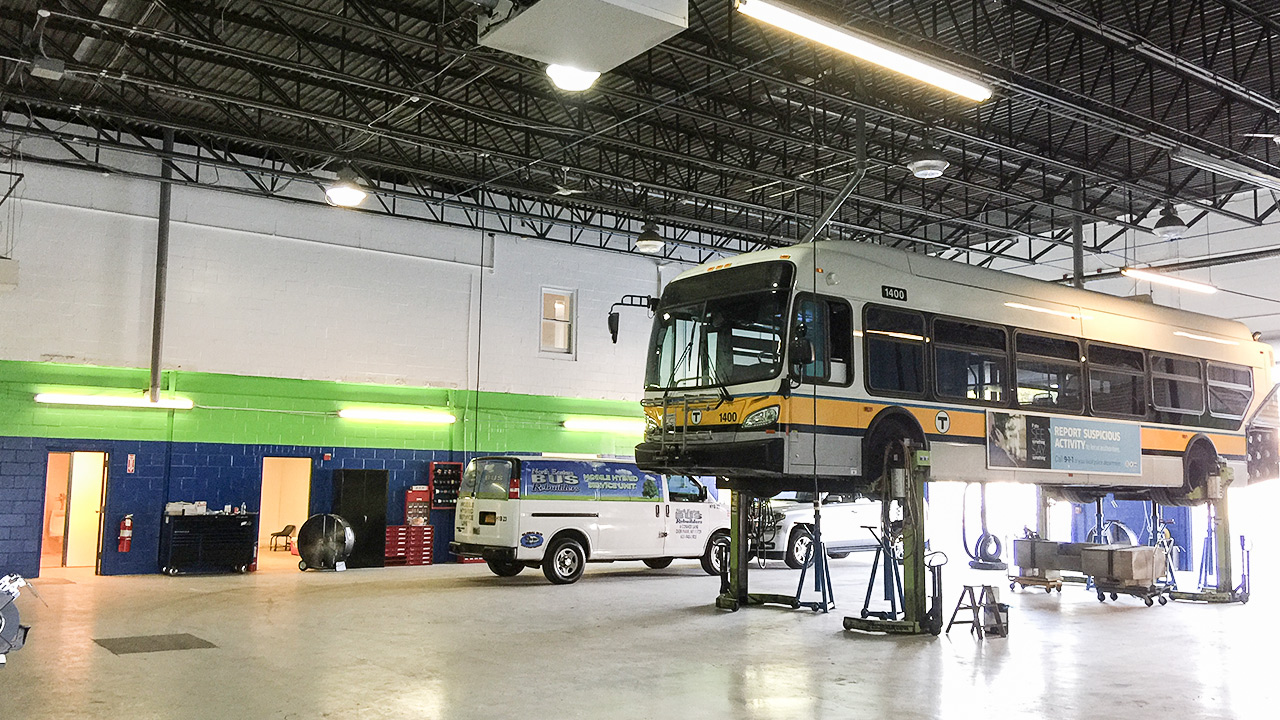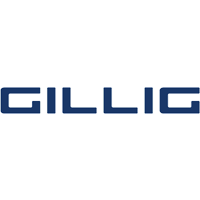Fleet maintenance from Northeastern Bus Rebuilders, particularly preventive bus maintenance service, is a crucial element of effective fleet management maintenance. Instead of reacting to issues as they arise, a proactive approach is taken to avert potential breakdowns, ensuring the fleet remains operational.
Delving into the realm of commercial bus fleets, this article highlights the pivotal role that regular fleet vehicle maintenance plays in ensuring safety, reliability, and cost-efficiency, which are the cornerstones of a robust vehicle fleet maintenance program.
Importance of Preventive Bus Maintenance
Implementing a robust preventive bus maintenance program offers numerous benefits, such as:
-
Safety
Ensuring the safety of passengers and drivers is paramount, which is why fleet safety protocols demand regular vehicle inspections and servicing through our professional bus repair services. These preemptive measures are essential in detecting and mitigating safety issues, thus preventing accidents or injuries.
-
Cost Saving
While preventive maintenance may seem like an initial investment, it is cost-effective in the long run. A well-devised fleet maintenance plan reduces the need for frequent repairs and extends equipment life, lowering the overall cost of preventive bus maintenance.
-
Minimize Downtime
Unplanned downtime not only hinders productivity but also impacts revenue. By adhering to a fleet maintenance schedule with our expert bus repair specialists, you can preemptively tackle issues, thereby avoiding the pitfalls of unexpected vehicle maintenance program disruptions.
-
Fuel Efficiency
Operational efficiency and fuel efficiency are key to managing operational costs in fleet management. Fleet preventive bus maintenance ensures vehicles are running at optimal performance, which is essential for maintaining uninterrupted, efficient operations.
-
Regulatory Compliance
Commercial bus fleets must adhere to stringent bus safety and environmental regulations. Regular inspections and maintenance are not just about regulatory compliance; they also play a significant role in safeguarding passenger safety and reducing environmental impact.
Adhering to this strategy is crucial to sidestep compliance issues, including legal liabilities, and to avoid the financial repercussions of penalties and fines. Moreover, it ensures adherence to safety standards, safeguarding against the risks associated with non-compliance.
-
Extended Lifespan
It’s widely acknowledged that consistent maintenance tasks, such as regular inspections, lubrication, and cleaning, are instrumental in reducing wear and tear. These preventive maintenance programs not only curb corrosion but also protect against other forms of degradation, thereby maintaining vehicle service quality and extending the equipment’s operational life.
-
Enhanced Reputation
A well-maintained bus fleet is a testament to a transportation service’s commitment to customer satisfaction and reliability. By prioritizing the well-being of passengers, such diligence enhances fleet reputation and cultivates trust and confidence among users, reinforcing the company’s esteemed standing.
-
Environmental Sustainability
Embracing environmental responsibility is no longer optional; it’s a collective obligation. Adopting green practices, including preventive maintenance, plays a pivotal role in emissions reduction and augments fuel efficiency, reflecting our dedication to an eco-friendly ethos.
Schedule Maintenance Call Today!
Preventive maintenance is paramount for commercial bus fleets, not only for ensuring passenger safety and meeting maintenance scheduling requirements but also for enhancing fleet efficiency. By proactively addressing issues, preventive vs predictive maintenance strategies can thwart premature breakdowns and eliminate unwarranted downtime.
Consequently, it’s essential to give scheduled maintenance the attention it deserves to uphold service reliability. Simply reach out to our comprehensive fleet services team, and we’ll ensure that your maintenance service routine is meticulously planned and executed to the highest standards. Schedule a maintenance today!













